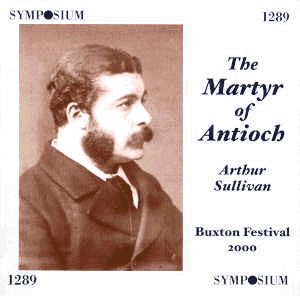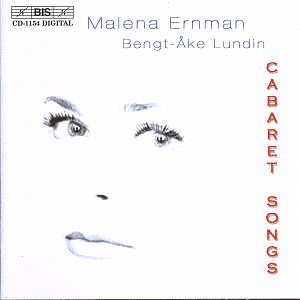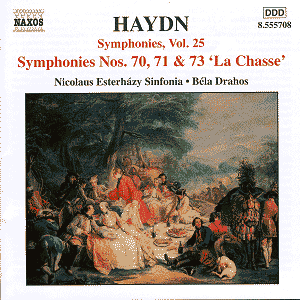 Composer: Sir Arthur SULLIVAN
Composer: Sir Arthur SULLIVAN
Works: The Martyr of Antioch
Performers: Catherine Foster (soprano: Margharita), Gillian Knight (contralto), Stephen Brown (tenor: Olybius), Gareth Jones (baritone: Callias), Stephen Godward (bass), Clive Woods (organ), Northern Chamber Orchestra, Sullivan Chorus, conducted by Richard Balcombe
Recording: Live performance at the Gilbert and Sullivan Festival, Buxton, August 2000
Label: SYMPOSIUM 1289
Sir Arthur Sullivan, often overshadowed by his lighter operatic works, emerges in “The Martyr of Antioch” as a serious composer whose dramatic flair and melodic gift are fully realized. Composed in 1880 for the Leeds Triennial Festival, this sacred musical drama depicts the poignant tale of Margharita, a Christian martyr in ancient Antioch, and is a rich tapestry of emotion interwoven with the composer’s characteristic lyrical style. The work has been somewhat neglected in the modern repertoire, but as recent scholarship and performances reveal, it stands as a significant precursor to Elgar’s “Gerontius,” showcasing Sullivan’s mastery of oratorio form.
The performance under Richard Balcombe’s direction is vibrant and expressive, effectively capturing the duality of pagan and Christian themes that Sullivan articulates through his choral writing. The Northern Chamber Orchestra provides a sensitive accompaniment, with particular praise warranted for the orchestral introduction, which offers a haunting prelude to Margharita’s poignant journey of faith. Catherine Foster’s portrayal of the titular character is especially noteworthy; her powerful yet nuanced soprano brings forth the emotional weight of Margharita’s final declaration of faith, a moment that resonates with the same gravitas found in the “In Memoriam” overture. The phrasing and dynamic contrasts in her delivery reflect an astute understanding of Sullivan’s intentions, aligning seamlessly with the orchestral textures.
Gillian Knight’s contributions as the Priestess of Apollo are impactful, delivering her lines with a rich contralto that adds depth to the pagan elements of the narrative. Stephen Brown, in the role of Olybius, displays an ardently lyrical tenor that complements Foster’s soprano beautifully, particularly in the duet passages which are reminiscent of Sullivan’s operatic style—these moments effortlessly bridge the gap between his lighter and more serious compositions. While the chorus excels in both the solemnity of “Brother Thou Art Gone Before Us” and the exuberance of the pagan celebrations, one may note that the musical language for the pagans is more direct and melodic, establishing an engaging contrast with the Christian themes.
The recording quality, a live performance from 2000, possesses an authenticity that occasionally reveals the imperfections of live sound. However, this does not detract from the overall listening experience; rather, it imbues the performance with a sense of immediacy and presence that polished studio recordings often lack. There are moments when the balance between soloists and orchestra could be improved, yet such instances are eclipsed by the vitality of the performance.
Despite minor shortcomings, such as the absence of printed lyrics in the booklet and an incomplete reproduction of Sullivan’s preface, this recording is a commendable addition to the canon of English oratorio. It not only illuminates a lesser-known facet of Sullivan’s oeuvre but also enriches the listener’s understanding of his artistic range. The complexity and emotional depth of “The Martyr of Antioch” are deserving of its revival, and this recording serves as an excellent introduction to a work that bridges the worlds of sacred music and operatic drama.



